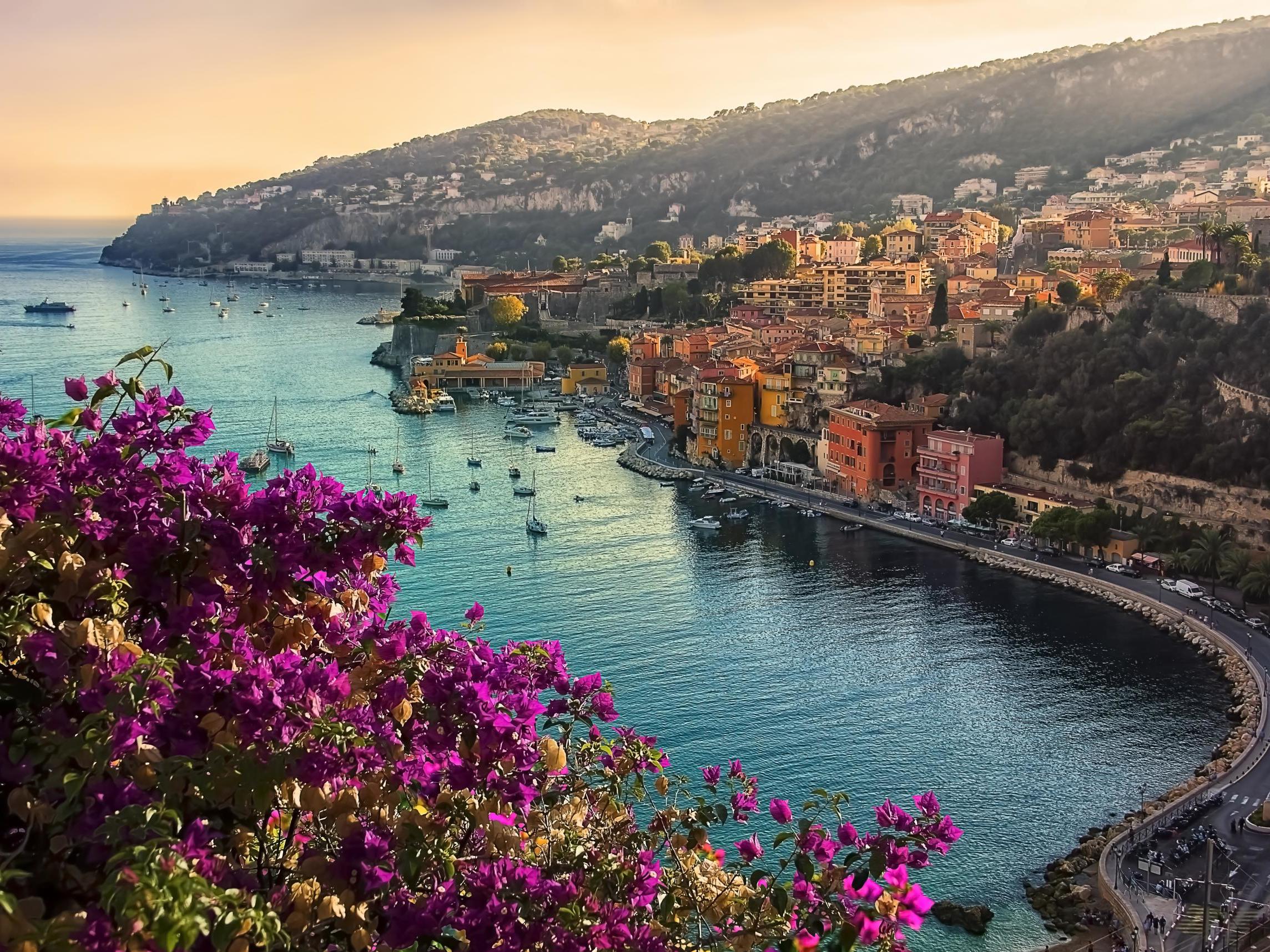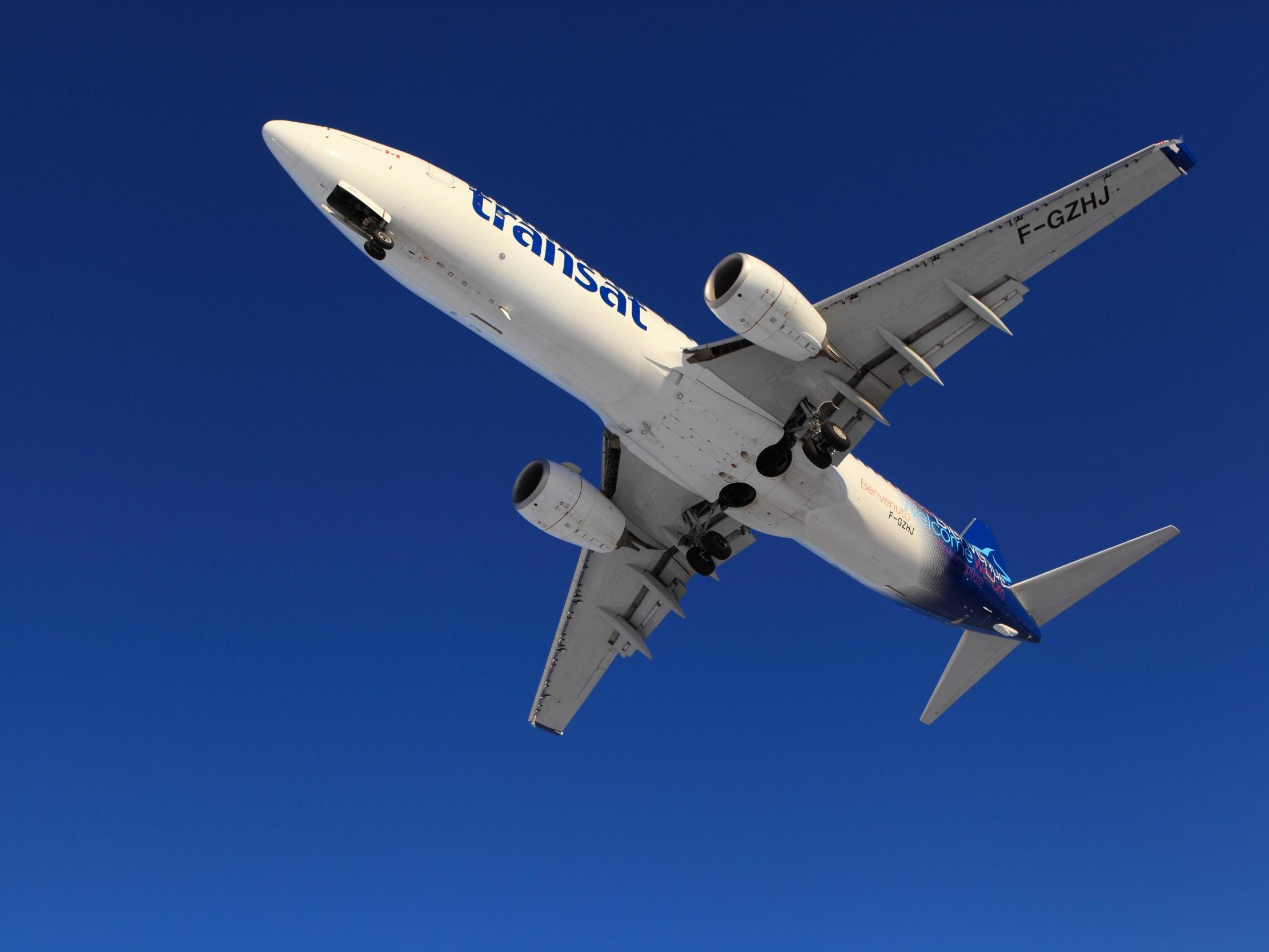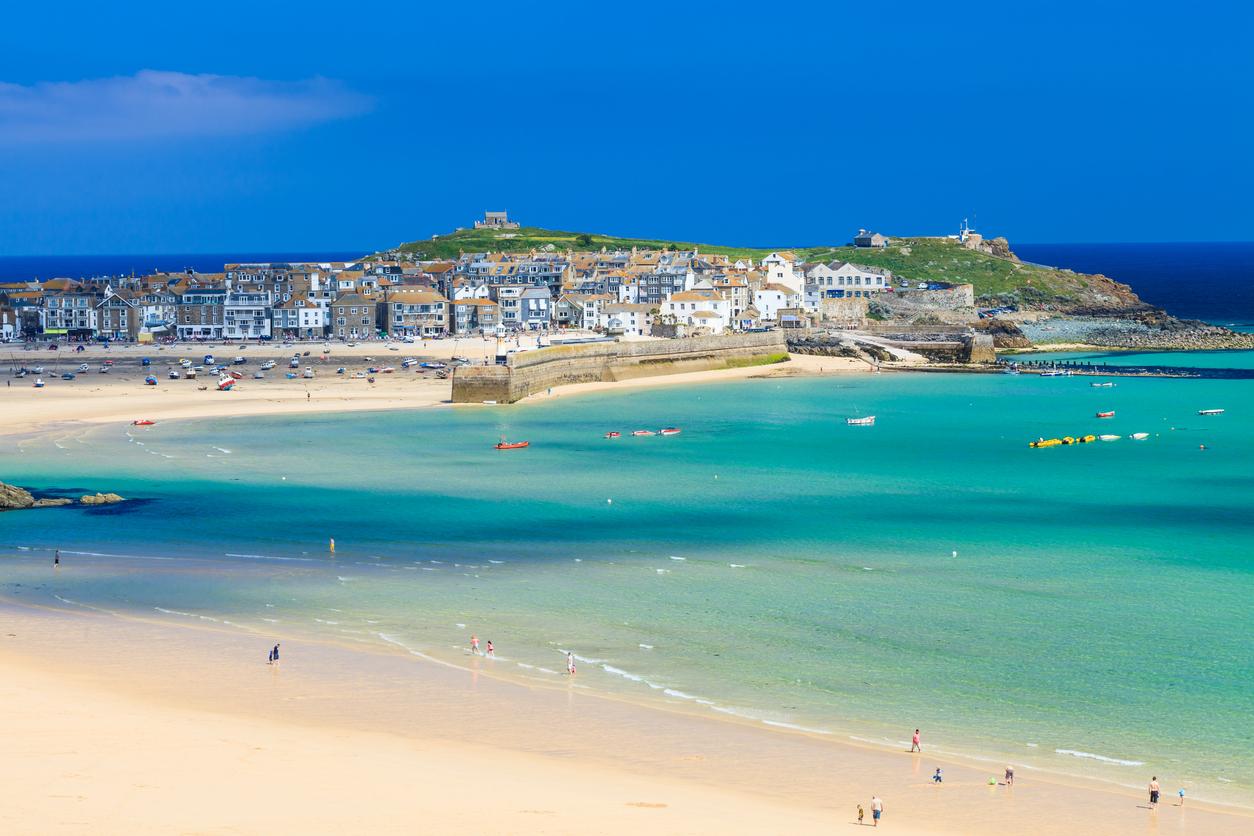Do I have to get travel insurance for my holiday in France?
Simon Calder on emergency costs, flight compensation and the cut in VAT


Q I heard on the radio that the government says travel insurance is now mandatory for British people visiting France. My mum is booked to go tomorrow. Must she get it?
Kate W
A No. Travel insurance is not obligatory for France. A few countries insist on inbound tourists having travel insurance, among them Cuba, while Thailand specifies cover for longer-stay visitors aged 50 or over.
The UK government strongly recommends a policy, saying: “If you do not have appropriate insurance before you travel, you could be liable for emergency costs including medical treatment.” But it has never made it compulsory for British travellers abroad.
I imagine you heard on the radio about the government publicising changes for travellers to the European Union from the end of the Brexit transition period on 31 December 2020.
Arguably the most significant disadvantage is the ending of the European Health Insurance Card (Ehic) scheme.
Since the UK voted in the 2016 referendum to leave the EU, successive ministers have said they hoped to reach a reciprocal health treaty mirroring the Ehic. But that plan has now been abandoned. The potential downside for travelling without insurance to the European Union (as well as Norway, Iceland, Switzerland and plucky Liechtenstein) will be much more serious from 2021 onwards, with uninsured travellers potentially facing medical bills running into thousands of pounds.
Unfortunately, just at the time that more people need travel insurance for European trips, the cost is likely to rise. That is because insurers have been able to keep costs and thus premiums down by asking travellers to be treated under the Ehic arrangements. When that ends, says the Association of British Insurers, the cost of cover could rise: “Insurers will inevitably see an increase in claims costs. This could have a direct impact on the prices charged to consumers.”
Rises could be particularly steep for older travellers and those with pre-existing medical conditions, which sadly could price them out of a trip to Europe. So urge your mother to remember to take her Ehic card and to make the most of her uninsured holiday. Horizons for many travellers will shrink from the end of this year.

Q I have had a flight cancelled by Air Transat. The airline has only offered a refund for the UK-Canada outbound flight, not inbound. Can the company do this?
David J
A This excellent Montreal-based airline, which is being taken over by Air Canada, clearly thinks so. It tells passengers: “If you purchased a flight from the United Kingdom to a Canadian destination and your flight was cancelled, you may be eligible for a refund of the value of your flight segment from the UK to Canada.”
Yes, only half the ticket is refundable in cash. The airline proposes refunding the Canada-UK part of the ticket with a voucher valid for two years.
I surmise that Air Transat believes it can limit its obligation to pay back actual money under the European air passengers’ rights rules, which govern all flights bought in the UK (at least until the end of 2020).
Now, it is true that these rules are unbalanced. For example, delays on non-EU airlines flying to Europe from outside the continent do not qualify for compensation. And many travellers have got the rough end of a non-EU airline cancelling a flight from outside Europe to home during the coronavirus crisis. But that involved sudden cancellations after the outbound leg had been flown. The typical case involved the passenger having to spend many hundreds or even thousands of pounds on replacement flights, with the cancelling airline offering only the cost of the original ticket.
Your case, though, is much simpler and, I hope, easier to resolve. Those European regulations specify: “Passengers whose flights are cancelled should be able to obtain reimbursement of their tickets.” The refund doesn’t just cover the element from the UK, but: “The full cost of the ticket at the price at which it was bought, for the part or parts of the journey not made.”
That looks to me as though you have every chance of challenging the airline. I suggest you send this argument to them and, if necessary, take your complaint to the Civil Aviation Authority.

Q We have a holiday hotel booked in late August in Cornwall, for which the agreed rate is £1,220. Following the chancellor’s announcement that he is cutting VAT from 20 to 5 per cent on tourism businesses, I was looking forward to a cheaper holiday. But the hotelier says he doesn’t have to pass the saving on, and will instead use the cash to cover the extra costs related to coronavirus. Surely that 15 per cent is either mine or the government’s – not the hotel’s?
Gordon M
A Rishi Sunak’s plan is to stimulate fresh business for the UK’s deeply wounded tourism industry, by making the cost of accommodation 12.5 per cent cheaper (trust me, that is the effect on overall prices of the cut from 20 to 5 per cent VAT). It was not to generate a windfall for people such as you who have already booked.
Had you originally negotiated a deal with the hotel for £1,017 plus VAT, rather than £1,220 including tax, then you would be looking at a very handy saving of £153. As it is, the convention in the UK is to quote rates including VAT. Therefore the tax saving will stay with the hotel – which will no doubt be delighted that it can start making up for the catastrophic few months when tourism in Cornwall and the rest of the UK dried up completely. The margin will also, as the hotelier has pointed out, help to pay for additional staff and equipment.
Some people may be tempted to see if they can cancel existing reservations without penalty and immediately rebook at the lower rate of tax. That may be possible for you. But, as you know, hotel rates are extremely fluid and depend on demand. With evidence that millions more will be holidaying in the UK than usual, it may even be that the hotelier can charge more than you originally paid.
Instead, I propose a compromise: ask if you can get a credit for use in the hotel’s restaurant or bar, or even an extra night. The hotelier will still derive benefit from the extra cash, and you may be more inclined to make a repeat visit.
Email your question to s@hols.tv or tweet @simoncalder
Join our commenting forum
Join thought-provoking conversations, follow other Independent readers and see their replies
Comments